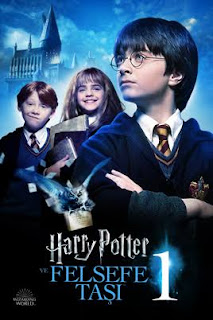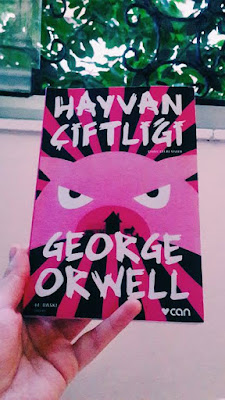Effects of Norse Mythology on Harry Potter
Effects of Norse Mythology on Harry Potter
The place of Norse Mythology is quite vital in English Literature. In addition, some of the Norse mythological both characters and events might be seen in the Harry Potter which is written by J.K. Rowling. This novel includes many same both characters and events such as resemblance of Odin and Dumbledore, Fenrir and Greyback, dwarves and many same events. At the end of the series appears quite similar to Ragnarok and the world's of these two events are also similar These worlds (Midgard-Hogwarts) burn a new world and emerge from wrecks of the great serpent
Firstly, when somebody thinks of the Dumbledore, It is too hard not to think Odin that is norse god. It isn't coincidence that too much alike how Odin described as white hair, tall, old and with white beard. Actually, Dumbledore is greedy for knowledge and wisdom, the way Odin is in much of the mythology surrounding him. If we take a look to Norse Mythology, we can see the same features for Odin. In the Norse story, Odin steals knowledges from giant and has to sacrifice his eye so as to keep it.
Secondly, in the Norse Mythology the dwarves were born from the body of the giant of Ymir, killed by Odin and his brothers who used his body to shape the our world. Actually dwarf is very small stocky humanoid creature. The novel of the J.K Rowling also includes these kind of creatures.
Thirdly,Fenrir is a giant wolf which hidden background of the scandavian culture to eat as many scandavian gods as possible. It is certain that Fenrir Greyback from Harry Potter series was named after the creature from Norse Mythology.
When everything is taken into consideration, there are big similarities between Harry Potter and Norse Mythology. It is well known fact that many writers and novelists have pulled ideas from Norse Mythology ,that's why, lt has big effects on English Literature.



Yorumlar
Yorum Gönder